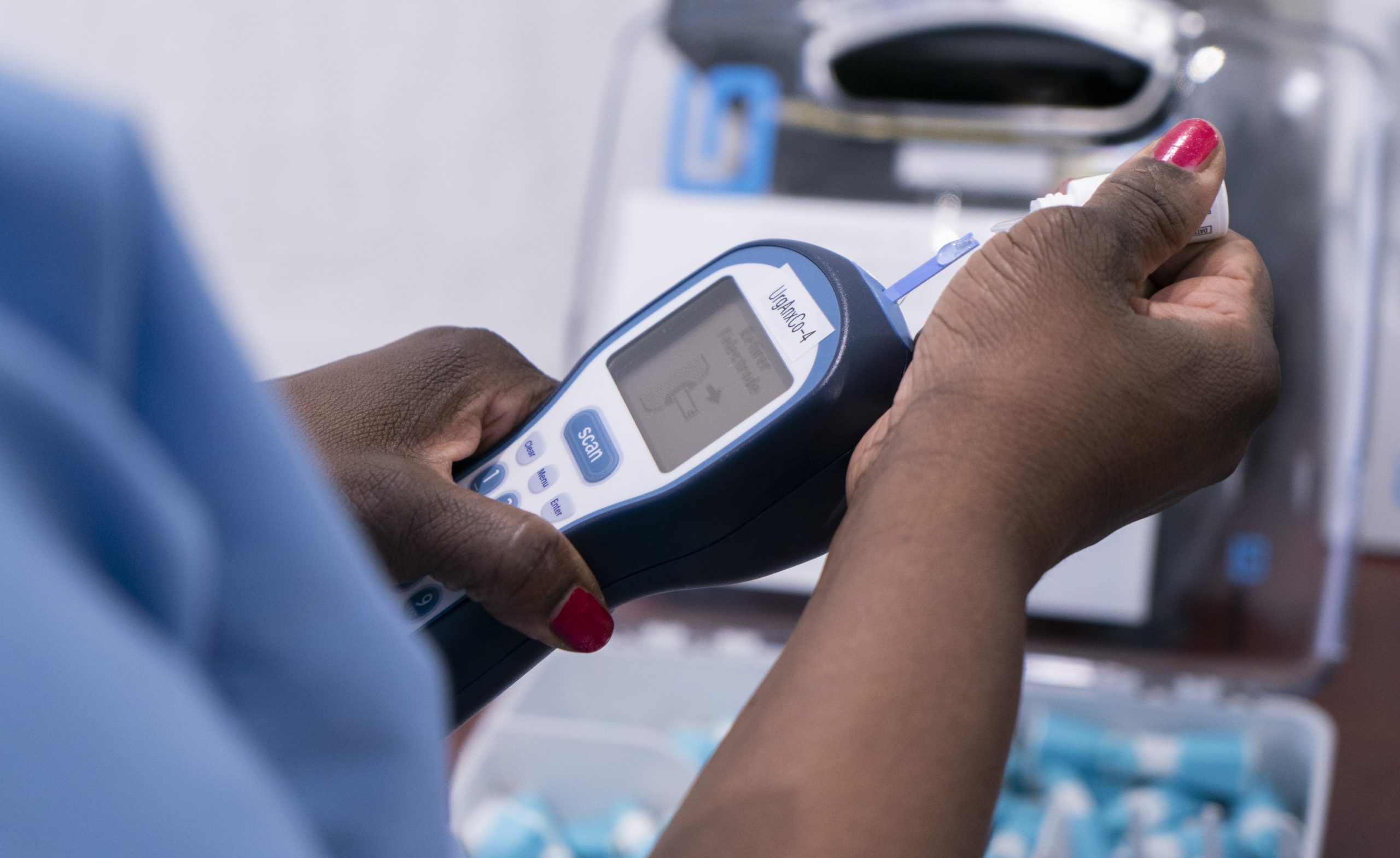
Late teens and young adults living with diabetes are taking large breaks in their regular clinic visits, and that’s putting them at high risk for complications.
It’s one of many findings from the Research Institute of the McGill University Health Centre, which explored the link between age and gaps in diabetes-related care – with a specific focus on childhood to young adulthood.
Researchers found teenagers aged 15-16 often went 12 months between regular clinical follow-ups.
“And really youth should be having regular diabetes care visits with their diabetes specialist every three months. So a year is quite a long time not to see it at your diabetes specialist,” Dr. Meranda Nakhla, the study’s first author, told CityNews.
That leads to an increased risk in diabetes-related hospitalizations and emergency room visits that only gets worse into young adulthood.
“It really highlights that we need to maybe rethink or change the way we deliver care to younger adolescents,” said Nakhla, a pediatric endocrinologist at the Montreal Children’s Hospital and RI-MUHC scientist. “Because really when they’re under 10 years of age, a lot of our education is done with the parents, because it’s mainly the parents that are looking after their child’s diabetes.
“But as they get older, the child is becoming older, taking on more responsibility, wants more autonomy, and it’s really providing education and support for them on that transition from childhood to adolescence to adulthood.”
The study was conducted in collaboration with the Institut national de santé publique du Québec (INSPQ) and published in The Lancet Diabetes and Endocrinology. It looked at young Quebecers and administrative data from the province’s health network.
The research also found young people from disadvantaged families have an increased risk of diabetes-related hospitalizations, emergency room visits and disruptions in care.
–With files from Alyssia Rubertucci